On October 8, in Da Nang City, the Vietnam Atomic Energy Institute ( Ministry of Science and Technology ) organized the 16th National Conference on Nuclear Science and Technology (VINANST-16). The conference was attended by over 400 delegates from more than 80 domestic and foreign organizations along with many international experts and scientists in the field of atomic energy.
In his opening speech, Deputy Minister of Science and Technology Le Xuan Dinh said the conference was a practical activity to implement the conclusions of General Secretary To Lam at the working session with the Vietnam Atomic Energy Institute on September 4.
Accordingly, Vietnam's nuclear energy industry must develop sustainably, absolutely not trading safety for progress or scale, while building a safety culture as a foundation, developing endogenous capacity and mastering nuclear technology.
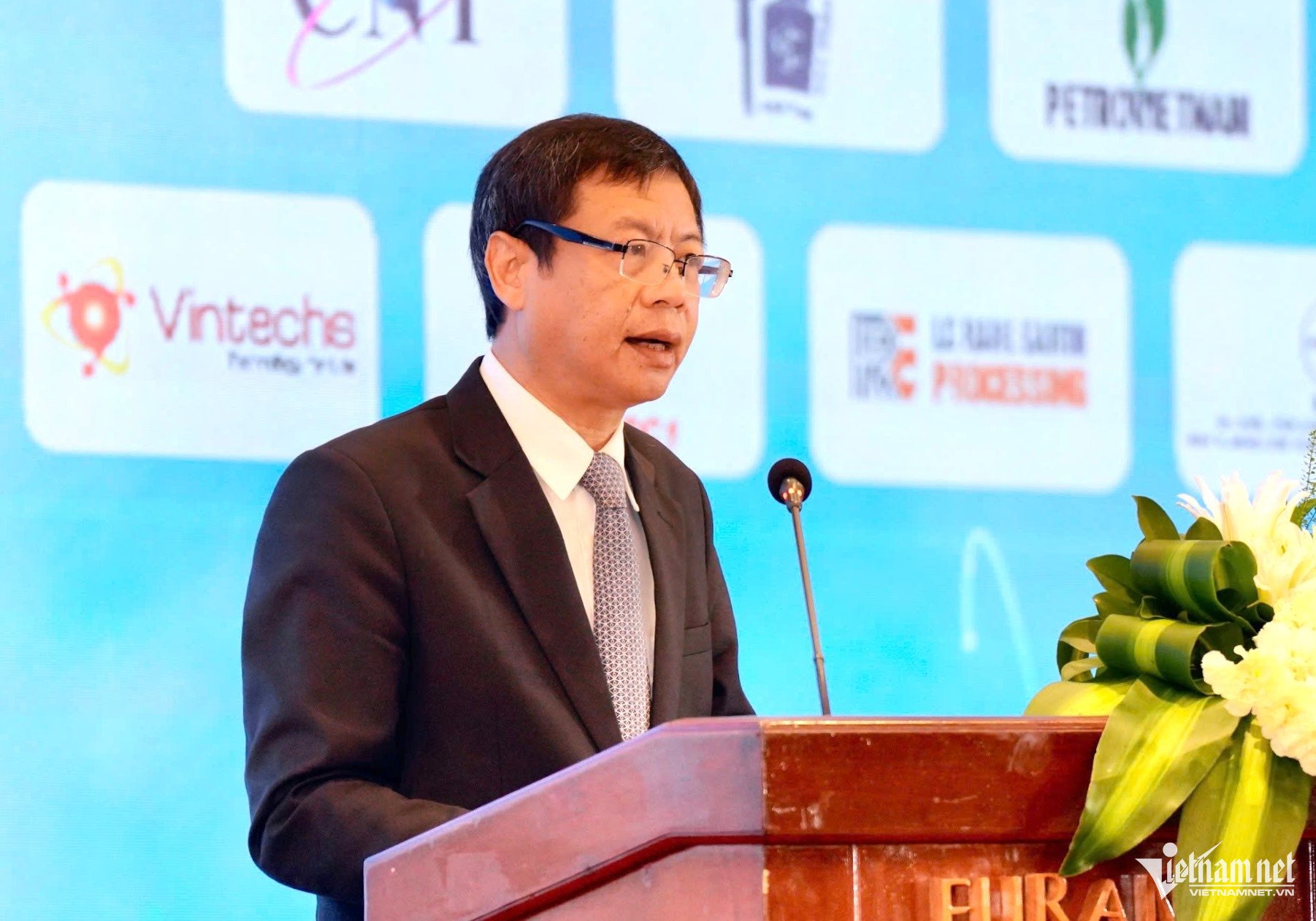
According to Deputy Minister Le Xuan Dinh, Vietnam needs to boost investment in research, infrastructure and training of high-quality human resources, and prepare scientific and technological conditions for the development of a nuclear power program in the future.
"Over the past 40 years, Vietnam's nuclear energy industry has made many important strides. From basic research, applications in medicine, agriculture, industry to radiation safety, environmental monitoring, human resource training and step-by-step access to advanced nuclear technologies in the world. These contributions have made a practical contribution to the country's socio-economic development, public health protection and energy security," Deputy Minister Le Xuan Dinh emphasized.
Chairman of the Da Nang People's Committee Pham Duc An said the city has more than 500 radiation facilities, mainly serving nuclear medicine, oncology radiotherapy, security inspection, industrial irradiation and food preservation, actively contributing to local socio-economic development.
According to Mr. An, Decision No. 245 of the Prime Minister on planning for the development and application of atomic energy until 2030, with a vision to 2045, together with the Law on Atomic Energy (amended) effective from January 1, 2026, will create a breakthrough legal foundation for the development of this field, especially enhancing local responsibility in radiation safety management and encouraging investment, innovation, and technology transfer.
Russia is ready to conduct joint research and train nuclear human resources for Vietnam.
Speaking at the conference, Ms. Mizonova Maria Georgievna - Consul General of the Russian Federation in Da Nang affirmed that Russia has been and is a reliable partner of Vietnam's nuclear industry; providing high-tech equipment, nuclear fuel and training highly qualified experts for Vietnam.
Scientists from the two countries are conducting joint research projects, making significant contributions to the development of the industry.
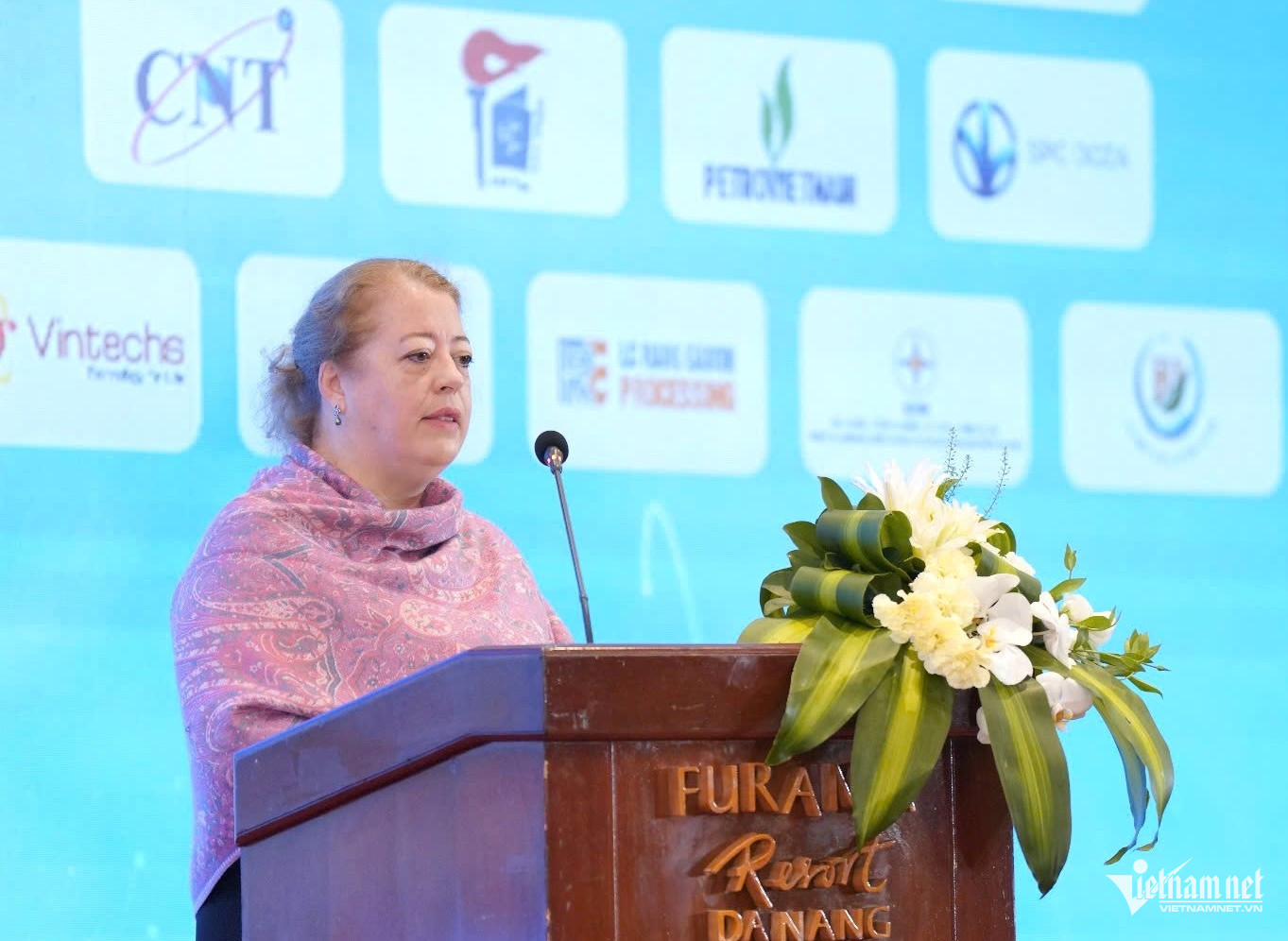
According to Ms. Mizonova, the two countries are cooperating in many key projects such as supplying fuel for the Da Lat nuclear reactor, building the Nuclear Science and Technology Center in Dong Nai and preparing for the Ninh Thuan 1 Nuclear Power Plant project.
In addition, delegations from the Ministry of Science and Technology and the Ministry of Industry and Trade have made many visits and worked in Russia, surveyed leading research facilities and nuclear power plants, and expanded cooperation in expert training and applied research.
"Vietnam can develop comprehensively in important fields such as large-capacity nuclear power plants, small reactors, nuclear medicine, silicon crystal production for the semiconductor industry and many other fields.
Russia is ready to cooperate comprehensively with Vietnam in all the above-mentioned directions, build necessary projects, conduct joint research, train specialized human resources and transfer modern and safe nuclear technology," Ms. Mizonova emphasized.
She also affirmed that the Russian Embassy and Consulates General in Vietnam will continue to provide maximum support, provide information and connect partners to promote bilateral cooperation in the nuclear field - an important component in the comprehensive strategic partnership between the two countries.
Source: https://vietnamnet.vn/tong-lanh-su-nga-viet-nam-la-doi-tac-tin-cay-trong-hop-tac-nang-luong-hat-nhan-2450311.html


![[Photo] Prime Minister Pham Minh Chinh attends the World Congress of the International Federation of Freight Forwarders and Transport Associations - FIATA](https://vphoto.vietnam.vn/thumb/1200x675/vietnam/resource/IMAGE/2025/10/08/1759936077106_dsc-0434-jpg.webp)




![[Photo] Prime Minister Pham Minh Chinh inspects and directs the work of overcoming the consequences of floods after the storm in Thai Nguyen](https://vphoto.vietnam.vn/thumb/1200x675/vietnam/resource/IMAGE/2025/10/08/1759930075451_dsc-9441-jpg.webp)


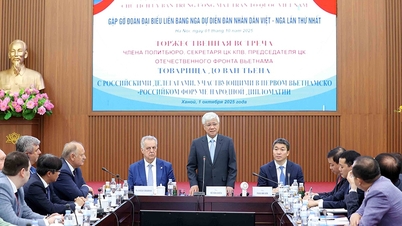

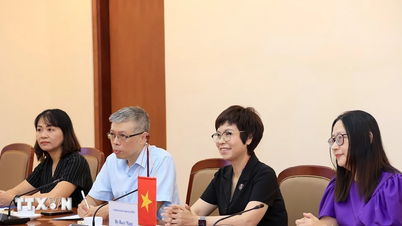

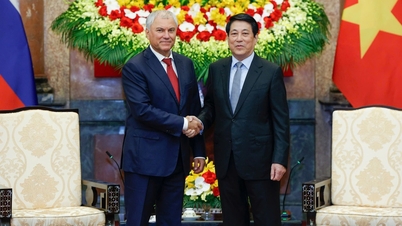


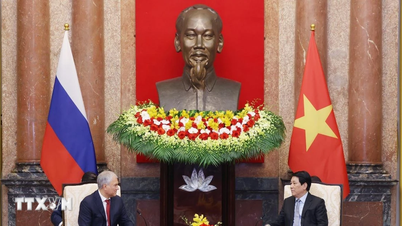
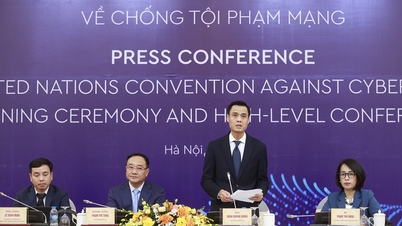
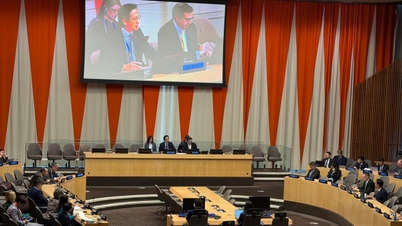
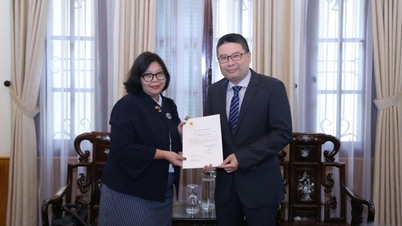
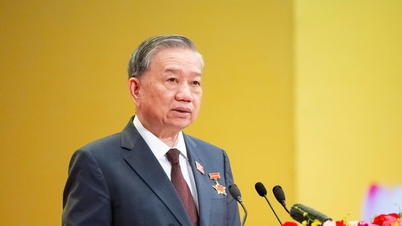


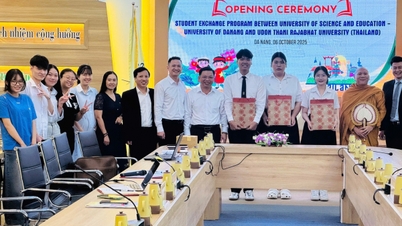





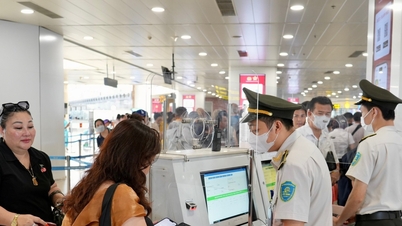





![[Photo] Closing of the 13th Conference of the 13th Party Central Committee](https://vphoto.vietnam.vn/thumb/1200x675/vietnam/resource/IMAGE/2025/10/08/1759893763535_ndo_br_a3-bnd-2504-jpg.webp)



























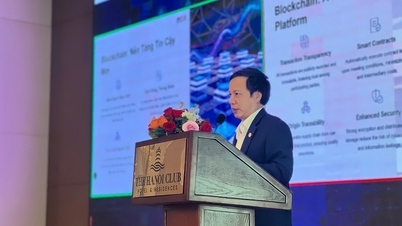








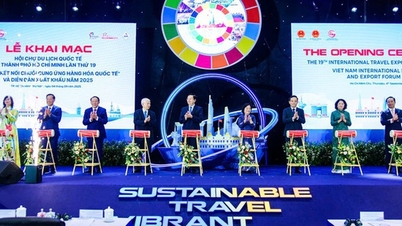





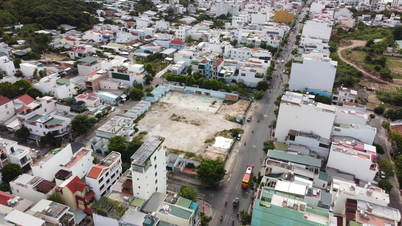



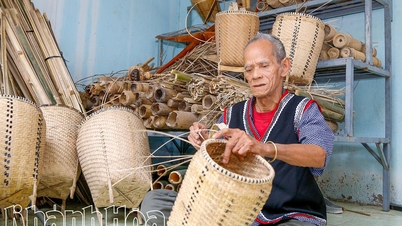

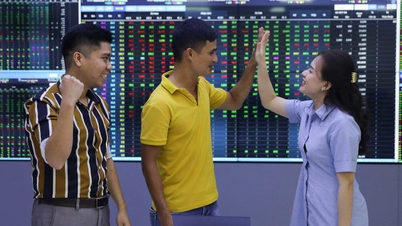

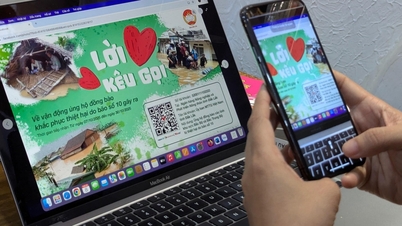















Comment (0)